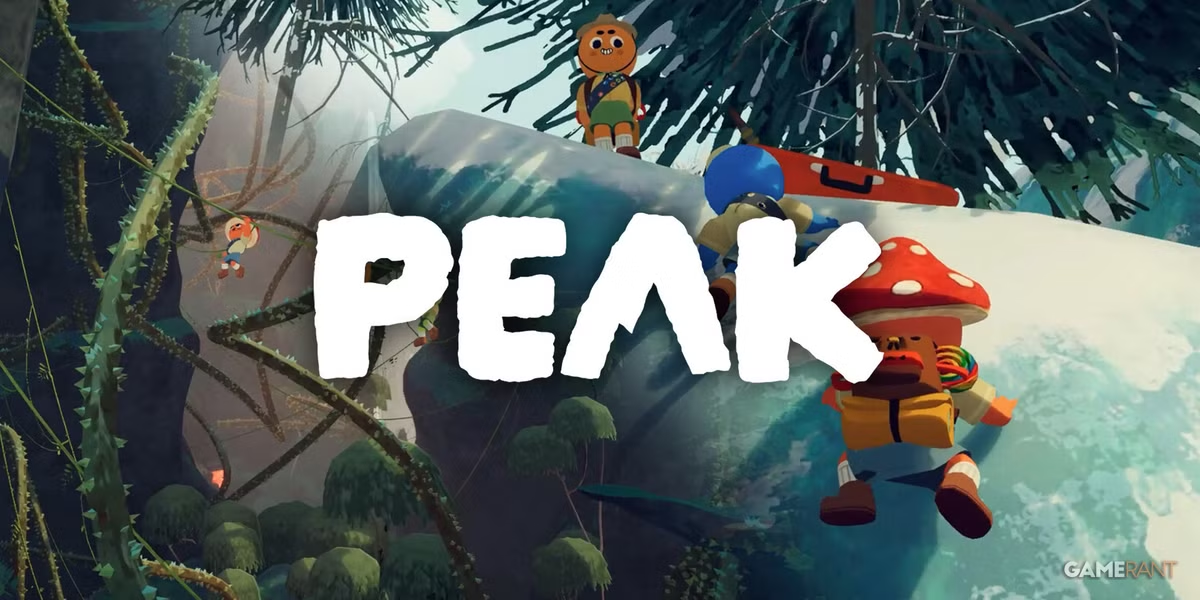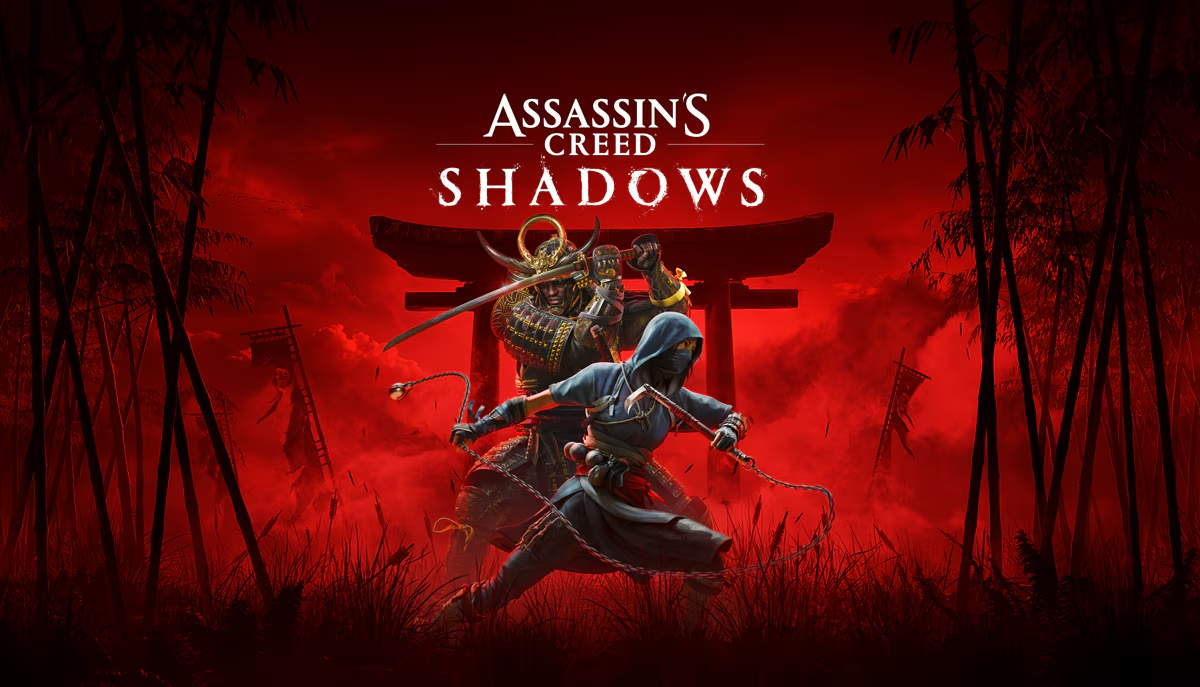Popular Now
Introduction
League of Legends (LoL), developed by Riot Games, has become a cornerstone of competitive online gaming since its release in 2009. With its dynamic gameplay, strategic depth, and a vast roster of champions, it has attracted millions of players worldwide. However, alongside its success, LoL has also faced challenges that threaten the integrity of its competitive environment. One such issue is smurfing—the practice where experienced players create new accounts to compete against less-skilled opponents, often leading to unbalanced and frustrating matches. This article delves into the multifaceted impact of smurfing on LoL's community, gameplay, and the measures being implemented to combat this issue.
What Is Smurfing?
Definition and Origins
Smurfing refers to the act of a highly skilled player intentionally playing on a lower-ranked account to dominate less-experienced players. The term originated from two top-tier Warcraft II players, Greg "Warp" and Greg "Shlonglor," who used the aliases "Shlonglor" and "Warp"—names that were hard to detect and identify. This practice has since proliferated across various online multiplayer games, including League of Legends.
Motivations Behind Smurfing
Players engage in smurfing for various reasons:
-
Seeking Easy Wins: Experienced players may find lower ranks less challenging and thus create new accounts to enjoy easier victories.
-
Testing New Strategies: Some use smurf accounts to experiment with unconventional strategies without affecting their main account's ranking.
-
Boosting Services: Smurfing is often a component of boosting services, where players are paid to rank up others' accounts.
While some argue that smurfing allows for relaxed gameplay or testing, its negative consequences far outweigh any perceived benefits.
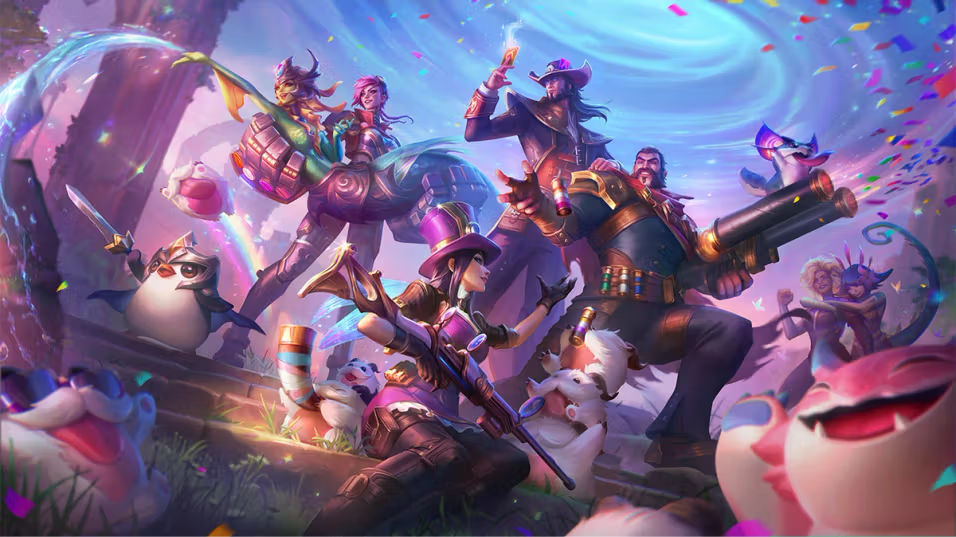
The Impact on New and Low-Ranked Players
Disruption of Matchmaking Balance
League of Legends employs a matchmaking system designed to pair players of similar skill levels. Smurfing disrupts this balance by introducing high-skilled players into lower-ranked games, resulting in one-sided matches. This not only skews the competitive integrity but also diminishes the enjoyment for genuine lower-ranked players.
Psychological and Emotional Effects
Consistent defeats against smurfs can lead to:
-
Frustration and Discouragement: Players may feel helpless and demotivated, impacting their overall experience.
-
Decreased Retention Rates: New players, facing repeated losses, might abandon the game, leading to a decline in the player base.
-
Impaired Skill Development: Facing opponents with a significant skill gap hampers the learning curve, as players are unable to engage in balanced, skill-building matches.
Community Division and Toxicity
The presence of smurfs can foster a toxic environment:
-
Hostility Towards New Players: Genuine low-ranked players may become targets of ridicule or verbal abuse.
-
Erosion of Sportsmanship: The competitive spirit is undermined when matches are decided by unfair advantages.
-
Community Fragmentation: The divide between smurfs and regular players can lead to a fractured community, with increased negativity and decreased collaboration.
Distortion of the Ranking System
Inaccurate Skill Representation
Smurfing leads to inflated rankings:
-
Artificial Ranking: Smurfs achieve high ranks without genuine skill progression, misrepresenting their abilities.
-
Erosion of Trust: Players may lose confidence in the ranking system's accuracy, affecting their motivation to climb.
Impact on Competitive Integrity
The integrity of ranked play is compromised:
-
Unfair Advantages: Smurfs can manipulate the system to gain rewards or recognition without earning them.
-
Skewed Leaderboards: The presence of smurfs can distort leaderboards, making it difficult to assess the true skill distribution.
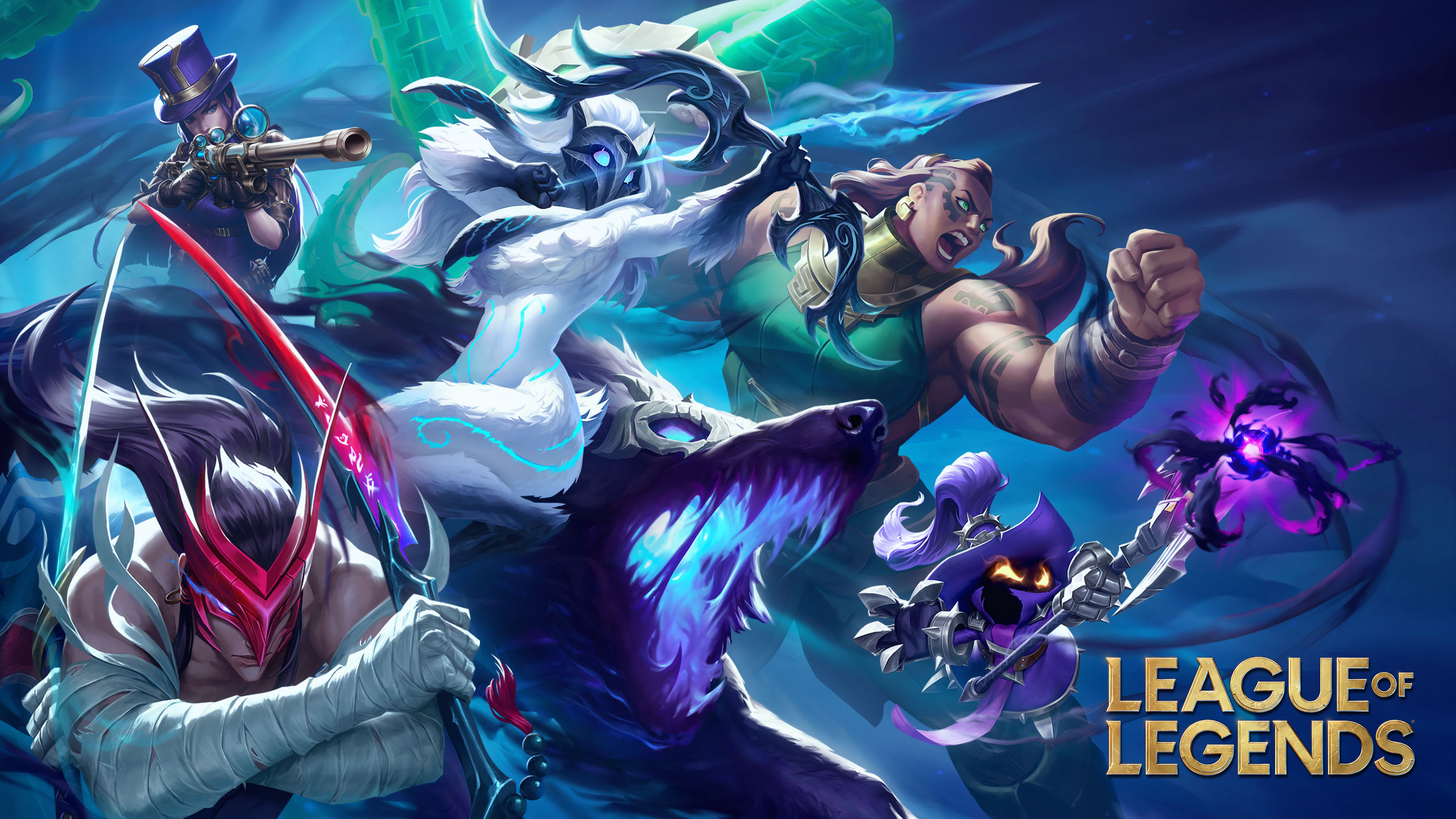
Riot Games' Response to Smurfing
Policy Stance
Riot Games has acknowledged smurfing as a detrimental practice:
-
Official Statement: Riot has stated that smurfing "ruins the game experience for others" and has implemented measures to deter it .
-
Climbing Adjustments: Changes to the ranked system aim to make the climb more challenging, discouraging players from creating smurf accounts.
Detection and Enforcement
Riot has introduced tools to identify and penalize smurfs:
-
Enhanced Detection Systems: Improved algorithms analyze player behavior to detect smurfing activities.
-
Penalties: Accounts found engaging in smurfing may face suspensions or bans, and in some cases, penalties extend to the player's main account .
Vanguard Implementation
To further combat smurfing and cheating:
-
Integration of Vanguard: Riot's anti-cheat system, Vanguard, has been integrated into League of Legends to detect and prevent smurfing and other unfair practices .
Community and Developer Perspectives
Player Reactions
The community's response to smurfing is mixed:
-
Support for Stricter Measures: Many players advocate for harsher penalties and more effective detection systems to combat smurfing.
-
Concerns Over Legitimate New Accounts: Some fear that new players may be unfairly penalized if they are mistakenly identified as smurfs.
Developer Challenges
Riot faces several challenges:
-
Balancing Detection and Accessibility: Ensuring that anti-smurfing measures do not impede the experience of legitimate new players.
-
Evolving Smurfing Techniques: As detection systems improve, smurfs adapt, requiring continuous updates to anti-smurfing strategies.
The Economic Aspect of Smurfing
Smurfing as a Service
An underground economy has emerged around smurfing:
-
Boosting Services: Players offer services to rank up others' accounts, often involving smurfing.
-
Account Sales: Smurf accounts are sold to others seeking high-ranked accounts without the effort.
Impact on the Game's Economy
The proliferation of smurfing affects:
-
In-Game Economy: Smurfing can lead to inflation of in-game currencies and rewards, disrupting the game's economic balance.
-
Monetization Strategies: Riot's revenue from cosmetic items and other purchases may be impacted if players abandon the game due to negative experiences.
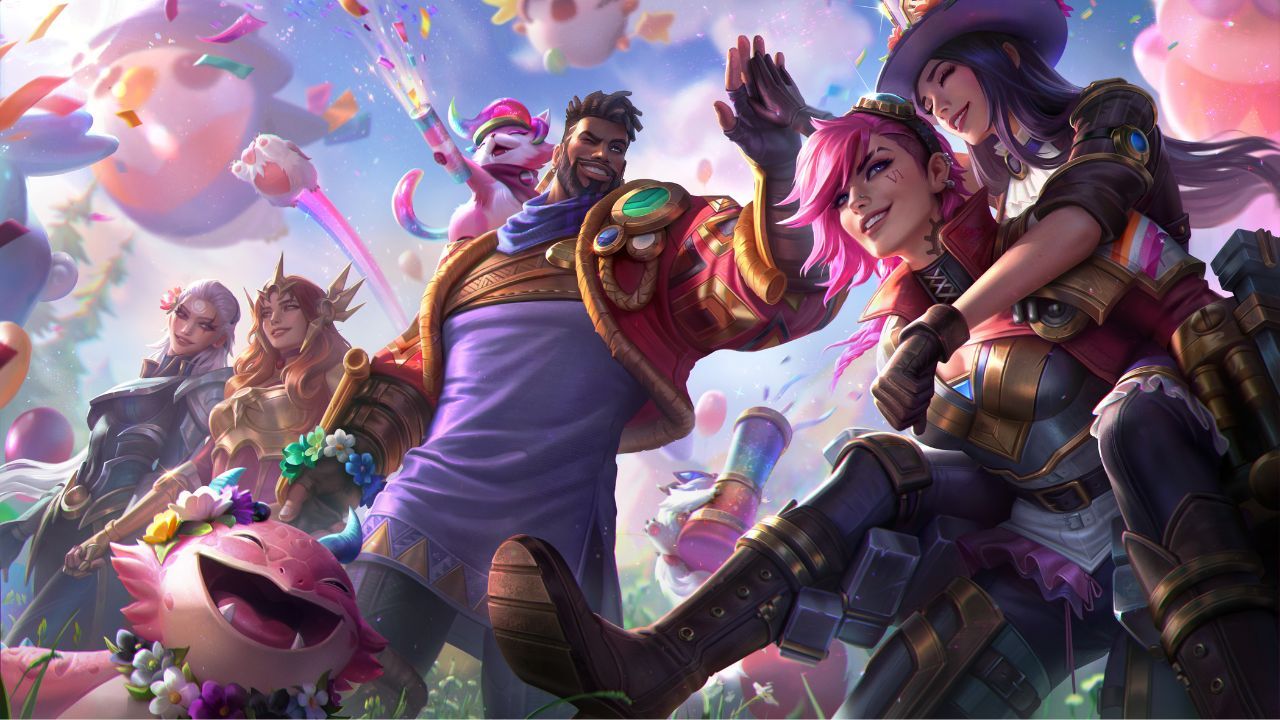
Educational and Competitive Implications
Learning Opportunities
While facing skilled opponents can be educational:
-
Overwhelming Skill Gaps: The disparity introduced by smurfs can hinder learning, as players are unable to compete effectively.
-
Lack of Constructive Feedback: In unbalanced matches, players receive little to no constructive feedback to improve their skills.
Impact on Esports
Smurfing can influence the professional scene:
-
Talent Scouting: Smurfing can obscure the true skill level of players, complicating talent identification for esports organizations.
-
Integrity of Tournaments: The presence of smurfs in ranked play can affect the fairness and integrity of tournaments and qualifiers.
Future Outlook and Potential Solutions
Technological Advancements
Riot is exploring advanced technologies:
-
Machine Learning: Implementing machine learning algorithms to detect smurfing patterns more accurately.
-
Behavioral Analysis: Analyzing player behavior to











